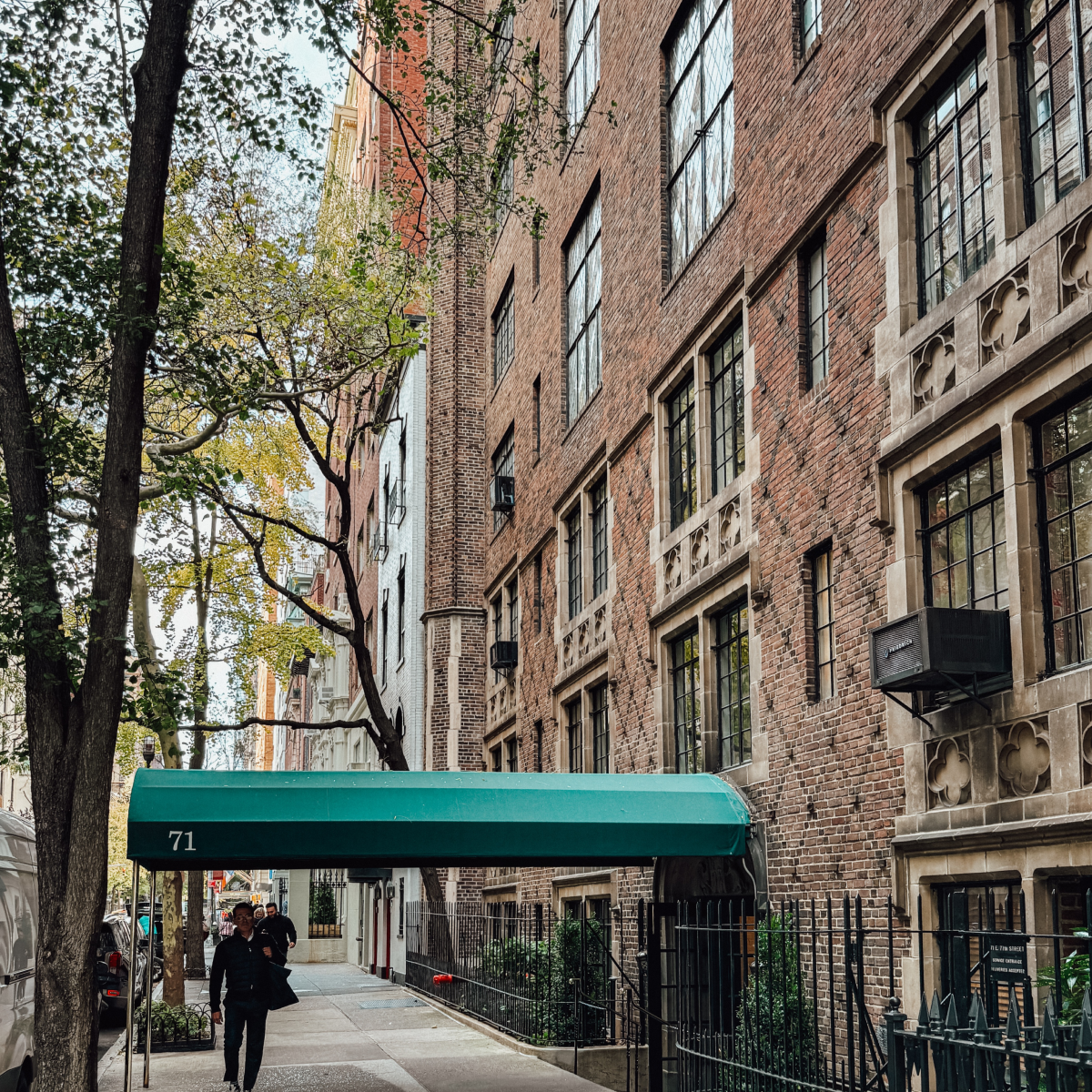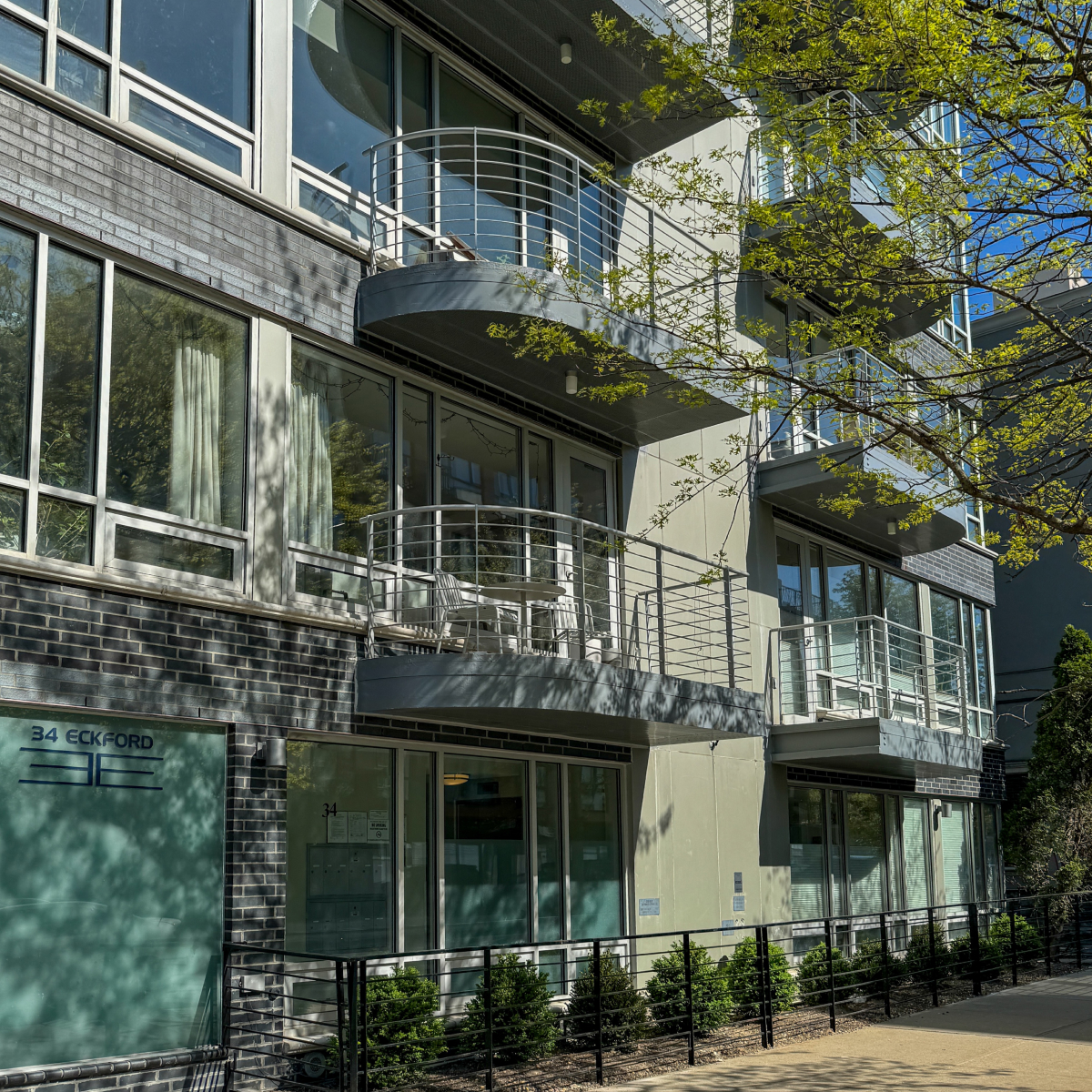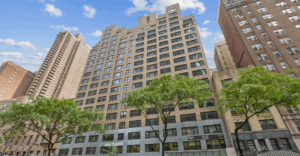Disclaimer: The contents of this article are industry best practices which were sourced from StreetEasy data and interviews with our Agent Advisory Board, unless noted otherwise. Any scripts provided are only meant to act as examples and are not required. Nothing in this presentation is intended to be legal advice. For specific questions about any duties or obligations arising out of a real estate transaction, check your local and state licensing laws and regulations, contact your broker, or an attorney.
As an agent, you get to help people fulfill their dream of owning a home — and in NYC, that typically means a co-op, condo, or townhouse. To help your clients achieve their real estate goals, it’s a good idea to understand these three property types, their unique markets, and how their differences impact the buying and selling process.

What is a co-op?
When a buyer purchases a co-op, short for “cooperative,” they’re actually purchasing shares of a corporation that owns the building. Typically, the bigger the unit, the more shares the buyer will own.

What is a condo?
Unlike with co-ops, a condo buyer purchases the unit outright and receives a deed of ownership. They also co-own the building’s shared spaces, such as parking lots, elevators, pools, and hallways.

What is a townhouse?
A townhouse is a home that’s attached on one or both sides to another townhouse or building. They are typically one- or two-family homes, and the owner is responsible for the entire structure.
Market differences
Co-op market
At any given time, the majority of homes for sale in New York City — around 75% — are co-ops. They’re typically less expensive than condos, but buying one requires getting approved by the co-op board, which can be a challenge. Therefore, co-ops can be more difficult to buy and sell.
Condo market
Condos tend to be more expensive than co-ops, but the approval process is less arduous. As a result, they’re often easier to buy and sell. There are fewer of them in NYC, but whenever a new development is built, it’s more likely to be a condo building.
Townhouse market
Townhouses are one of the most sought-after property types, but there are few of them on the market and not all neighborhoods have them. This makes them highly expensive and competitive. There are also several different types of townhouses found in NYC, and the market can vary for each.
Stay up to date on the latest market trends using StreetEasy’s Data Dashboard, where you can filter metrics by property type (use “Single Family” for townhouses), borough, neighborhood, and more. Read our market reports, too, to get in-depth insights from our experts.
Differences in the application process
Buying a townhouse is like buying a traditional house in that there’s no application or approval process. Co-ops and condos, on the other hand, do require applications — although there are major differences between the two.
Co-op applications
Co-op buyers have to go through a strict application and approval process. To start, they must submit an application and all required documentation, such as financial information, reference letters, and employment verification. This may be referred to as a co-op board package.
Buyers then undergo an interview with the co-op board. A board may choose to reject a buyer for any number of reasons — from unsatisfactory financials to job history to simply “not the right fit.” The entire process can take as long as several months.
Condo applications
The application process for condos is far less demanding. Most buyers simply need to submit an application along with financial documents if they’re financing. Condo boards do have what’s called the “right of first refusal,” which means they can override a purchase and choose to buy the condo at the same price, but few exercise this right.

Maintenance fees vs. common charges
Each month, co-op owners pay maintenance fees, which go toward the building’s operating costs such as insurance, staff, trash removal, and more. It also covers property taxes and any underlying mortgage payments. These fees are in addition to an owner’s monthly mortgage payments.
Condo owners pay monthly fees called common charges. They cover building operating costs, but they don’t include property taxes; each condo owner pays taxes for their own unit.
Subletting and pied-à-terre rules
Co-ops tend to have strict rules about whether owners can rent out their units or use them as a pied-à-terre (secondary residence). Some co-op boards ban subletting entirely, while others impose a fee or limit on how long a buyer can rent the unit out. Some co-ops allow pied-à-terres, but they may restrict owners from allowing others to live in their unit when they’re not there.
Condos, on the other hand, tend to be more relaxed on whether you can use your unit as a rental or pied-à-terre. However, they typically don’t allow rentals shorter than six months.
Closing costs
For co-op closing costs, buyers generally pay around 2-6% of the purchase price. Condo and townhouse closing costs tend to be higher due to mortgage recording taxes and title insurance. For any sale over $1 million, buyers must also pay a mansion tax, and the rate increases with the purchase price.
What to expect when selling a co-op, condo, or townhouse
Selling a co-op can be more complicated and take longer due to the approval process. They also tend to have strict open house rules, and some ban them entirely.
Selling a condo is usually less complicated. But bear in mind that a deal can fall through if the condo association feels the accepted offer is too far below market value. Selling a townhouse is the least complicated since there are no boards to answer to, but fewer buyers can afford them.
Whether you’re selling a co-op, condo, or townhouse, be sure to take advantage of StreetEasy’s Listing Insights tool. You can track your listing’s activity over time, compare the property to others that have sold recently, and share the insights with your seller.
NYC’s fast-paced, ever-changing market can be tough to navigate, and your clients need your expertise to buy or sell successfully. By understanding the city’s property types and their differences, you’re better equipped to advise your clients and position yourself as their go-to agent.








